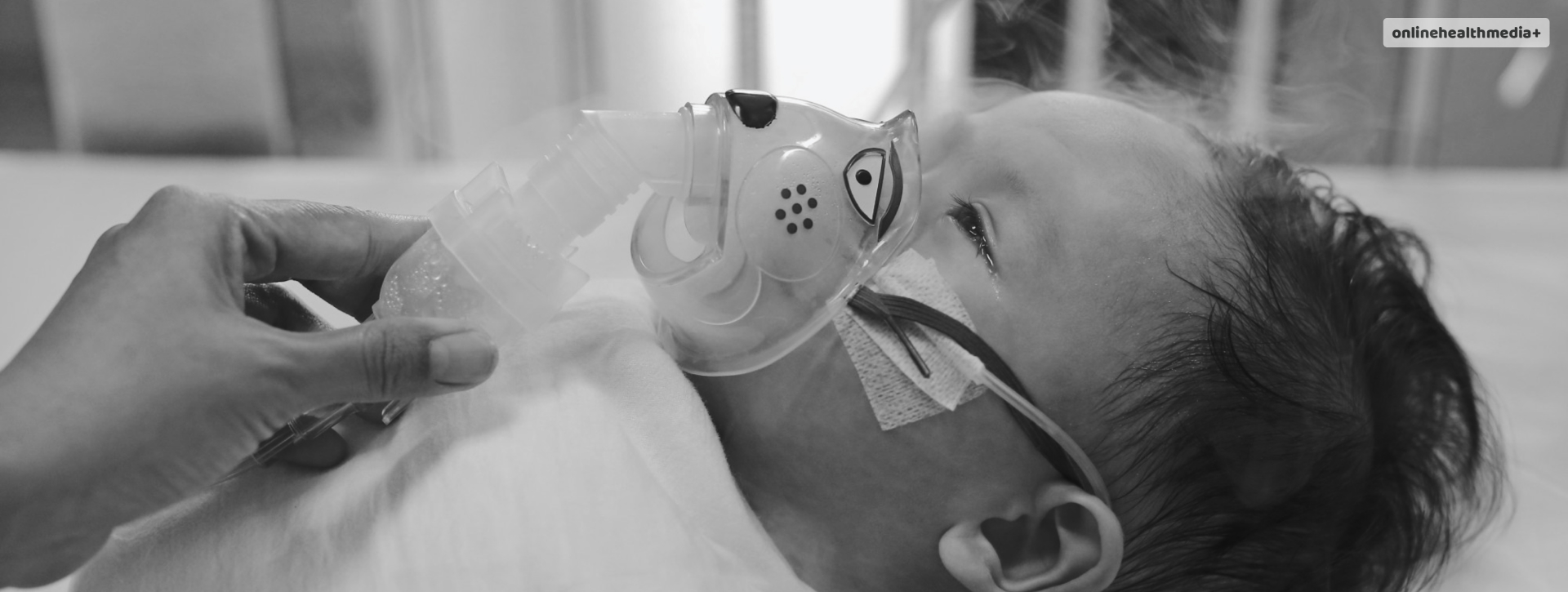Understanding RSV Risks, Impact, and Strategies for Prevention
Note: The information in this article is not intended to substitute professional medical advice, diagnosis or treatment. All images and text presented are for general information purposes only. Please consult your healthcare professional for proper diagnosis.
RSV infant mortality rate may only be easily understood by first defining RSV. Respiratory syncytial virus (RSV) is a common respiratory infection that affects individuals of all ages, but it can be particularly dangerous for infants.
RSV infant mortality rate is a concerning topic for parents and guardians alike. Is RSV contagious is a common question that pops up in people’s minds when thinking of the virus.
The age groups that are primarily at risk of severe consequences due to the condition include older adults and infants.
For older adults, those aged 60 or above, it is necessary that they seek protection through vaccination. At particular risk are infants and children.
The preventative measures that provide protection for this age group include various tools, which will be discussed.
In this article, we will discuss the risks associated with RSV and its impact on infant mortality rates. Including strategies for prevention to safeguard the health of vulnerable populations.
Contents
What is RSV?
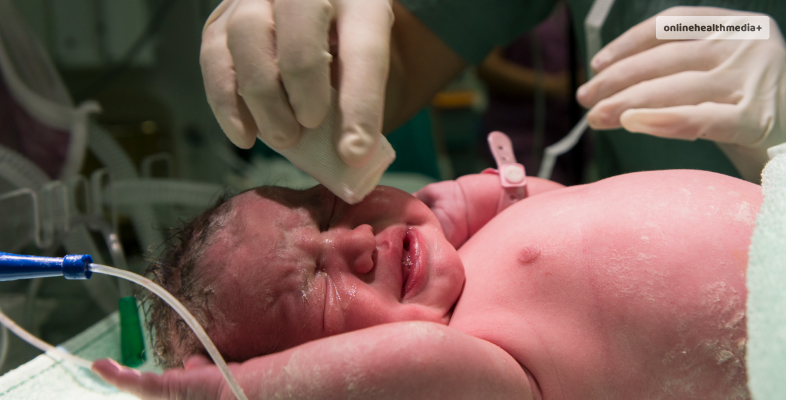
RSV, or Respiratory syncytial virus, is a common virus that is present in the environment and can affect us easily.
Even healthy adults can confuse the condition with the common cold, which makes it more likely for infants to be misdiagnosed. This leads to severe respiratory illness and even death in some cases.
The RSV infant mortality rate requires supporting information, which is discussed in the following sections.
The symptoms of the condition can resemble those of the common cold. Thus, let’s first look at the signs that help you distinguish between the two.
Symptoms of RSV
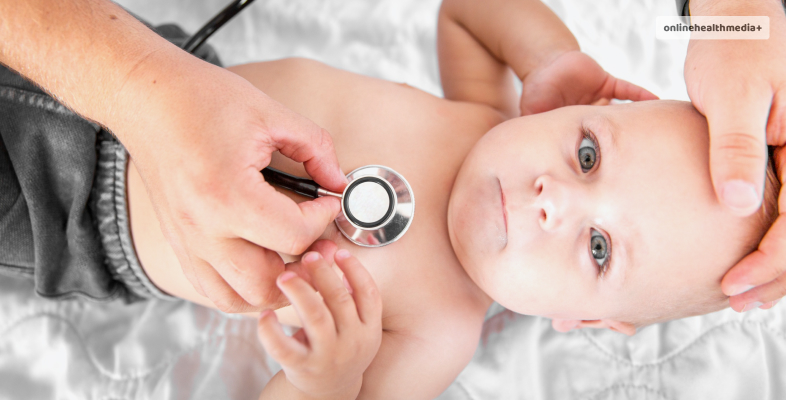
Just as you may ask what type of mutation causes sickle cell disease, there are ways to recognize RSV. These are the common signs that tell you if RSV has infected you or your child:
Symptoms in adults:
- Wheezing is a whistling sound that comes when you are breathing. This is mainly due to the respiratory blockage that you are experiencing. If you can hear a whistling sound while breathing or have trouble breathing, then consult your doctor immediately.
- Decrease in appetite
- Runny nose or congestion
- Sneezing
- Coughing
- Fever (low-grade in mild cases, high fever in severe cases)
- Sore throat
- Cyanosis or blue color of the skin due to lack of oxygen
- Difficulty in breathing
- Rapid breathing
Symptoms in infants or children:
RSV infant mortality rate requires understanding what the signs are in children, so take a look:
- Rapid breathing
- Difficulty breathing
- Repeated wheezing
- Irritability
- Unusual tiredness
RSV can become severe in infants when the symptoms are not treated as soon as they appear. Or when they do not go away within 1-2 days.
This may be one of the reasons why the RSV infant mortality rate is increasing. It is a common practice that parents follow –
ignoring the signs of a condition until the home remedies do not work. This can be helpful in some cases when the condition is mild.
However, it can get worse.
Thus, it is best to immediately seek medical attention when you recognize the signs listed above in your child.
When your child displays signs like difficulty in breathing, high fever, cyanosis on lips and nail beds. You should not delay going to the doctor any further.
What Is RSV Infant Mortality Rate
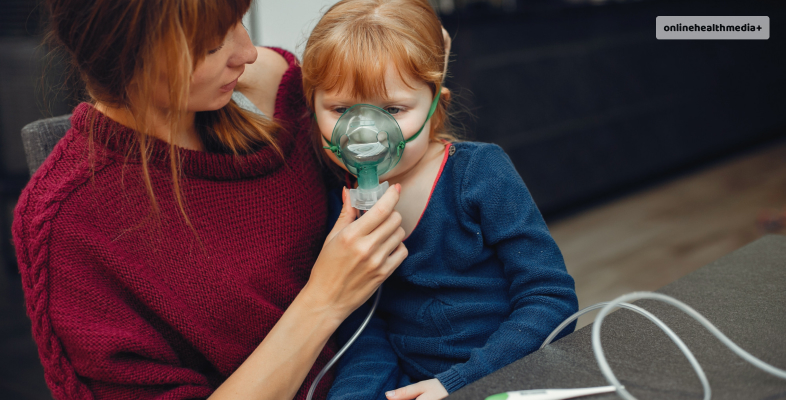
RSV is a leading cause of respiratory illness in infants, especially those under one year. According to the Centers for Disease Control and Prevention (CDC), RSV is responsible for many hospitalizations and deaths among infants each year, particularly during the winter months when RSV activity is highest.
While most cases of RSV infection in infants result in mild to moderate symptoms resembling a cold. Additionally, some infants may develop severe complications such as bronchiolitis or pneumonia.
Both of which can be life-threatening. This is another factor that can lead to a rise in the RSV infant mortality rate.
Factors Contributing to RSV-Related Infant Mortality
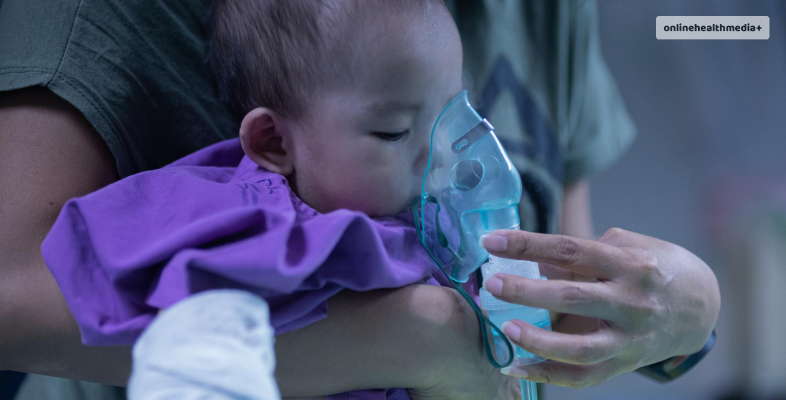
Several factors contribute to the increased risk of RSV-related infant mortality, including:
- Immature Immune System: Infants have immature immune systems, making them more susceptible to severe respiratory infections such as RSV. Their immune response may not be as robust as that of older children and adults, increasing the risk of severe illness and complications.
- Underlying Health Conditions: Infants with underlying health conditions such as prematurity, chronic lung disease, congenital heart defects, or immunodeficiency are at higher risk of severe RSV-related illness and mortality. These conditions may compromise respiratory function and increase the likelihood of respiratory complications.
- Exposure to RSV: Infants exposed to RSV in environments such as daycare centers, schools, or households with older siblings are at increased risk of infection and subsequent complications. Close contact with individuals who have RSV infection, especially during peak RSV seasons, can contribute to the spread of the virus among vulnerable populations.
- Limited Treatment Options: Currently, there are no specific antiviral medications available to treat RSV infection in infants, although supportive care measures such as supplemental oxygen, hydration, and respiratory support may be necessary for infants with severe illness. The lack of targeted treatment options for RSV underscores the importance of prevention strategies to reduce the risk of infection and its associated complications.
Preventive Strategies for RSV

Given the significant impact of RSV on infant mortality rates, preventive strategies are essential for protecting vulnerable infants from infection and reducing the burden of severe illness.
Here are some key prevention measures:
- Hand Hygiene: Practicing good hand hygiene is one of the most effective ways to prevent the spread of RSV and other respiratory viruses. Parents, caregivers, and healthcare providers should wash their hands frequently with soap and water for at least 20 seconds, especially before handling infants or touching their face, mouth, or nose.
- Respiratory Etiquette: Covering coughs and sneezes with a tissue or the elbow can help prevent the spread of respiratory droplets containing RSV virus particles. Encouraging proper respiratory etiquette among caregivers, siblings, and other household members can reduce the risk of transmission to infants.
- Avoiding Close Contact: Limiting close contact with individuals who are sick or have symptoms of respiratory infection, especially during peak RSV seasons, can help reduce the risk of RSV transmission to infants. Avoiding crowded settings and practicing social distancing can further minimize exposure to the virus.
- Vaccination: While there is currently no vaccine available to prevent RSV infection in infants, certain high-risk groups may benefit from preventive measures such as palivizumab, a monoclonal antibody medication given to certain infants and young children at high risk of severe RSV-related complications. However, this medication is reserved for infants with specific risk factors and is not recommended for routine use in healthy infants.
The Impact of RSV on Infant Mortality Rates

Respiratory syncytial virus (RSV) infection poses a significant threat to infant health, with the potential to lead to severe respiratory illness and, in some cases, mortality.
Infants are particularly vulnerable to RSV-related complications due to their immature immune systems and limited ability to fight off infections.
Consequently, RSV contributes to a notable proportion of respiratory illness and mortality among infants worldwide, especially during peak RSV seasons.
The impact of RSV on infant mortality rates is influenced by various factors, including the following:
- Immune System Development: Infants have an immune system that is still developing. This makes them more susceptible to severe respiratory infections such as RSV. Unlike older children and adults, infants may not have acquired sufficient immunity to combat the virus effectively. This increases their risk of severe illness and complications.
- Underlying Health Conditions: Certain underlying health conditions can further exacerbate the risk of severe RSV-related illness and mortality in infants. Premature infants, those with chronic lung disease, congenital heart defects, or immunodeficiency disorders, are particularly vulnerable to RSV-related complications due to compromised respiratory function and reduced ability to mount an effective immune response.
- Exposure to RSV: Infants are often exposed to RSV in environments such as daycare centers, schools, and households with older siblings or family members. Close contact with individuals who have RSV infection increases the likelihood of transmission to vulnerable infants. Especially during peak RSV seasons when viral activity is highest.
- Limited Treatment Options: Currently, there are no specific antiviral medications available to treat RSV infection in infants. While supportive care measures such as supplemental oxygen, hydration, and respiratory support may be provided for infants with severe illness, the lack of targeted treatment options underscores the importance of preventive strategies to reduce the risk of infection and its associated complications.
Conclusion
In conclusion, respiratory syncytial virus (RSV) represents a significant threat to infant health, contributing to a notable proportion of respiratory illness and mortality worldwide.
Understanding the factors that contribute to RSV-related infant mortality rates, such as immature immune systems, underlying health conditions, and exposure to the virus, underscores the importance of preventive measures to protect infants from infection and its associated complications.
By implementing strategies such as hand hygiene, respiratory etiquette, avoiding close contact, and considering vaccination options for high-risk infants, we can reduce the burden of RSV on infant mortality rates and promote the health and well-being of our youngest and most vulnerable community members.
Let us know in the comments below your thoughts on this!
Frequently Asked Questions (FAQs)
1. Can babies die from RSV?
There is a low chance of babies dying from RSV. This depends on the immunity of the child. Additionally, the presence of factors that can put them at an elevated risk. Some factors that may lead to the child getting the infection are:
- Premature birth with other conditions such as heart condition or immunodeficiency issues
- Weak or compromised immune system
Also read
- 5 Tips to Take Care of Your Sensitive Skin.
- What Is Red Light Therapy & What Are Its Main Benefits?
- Key Considerations When Trying To Get Pregnant: Increasing Your Chance Of Conceiving.
